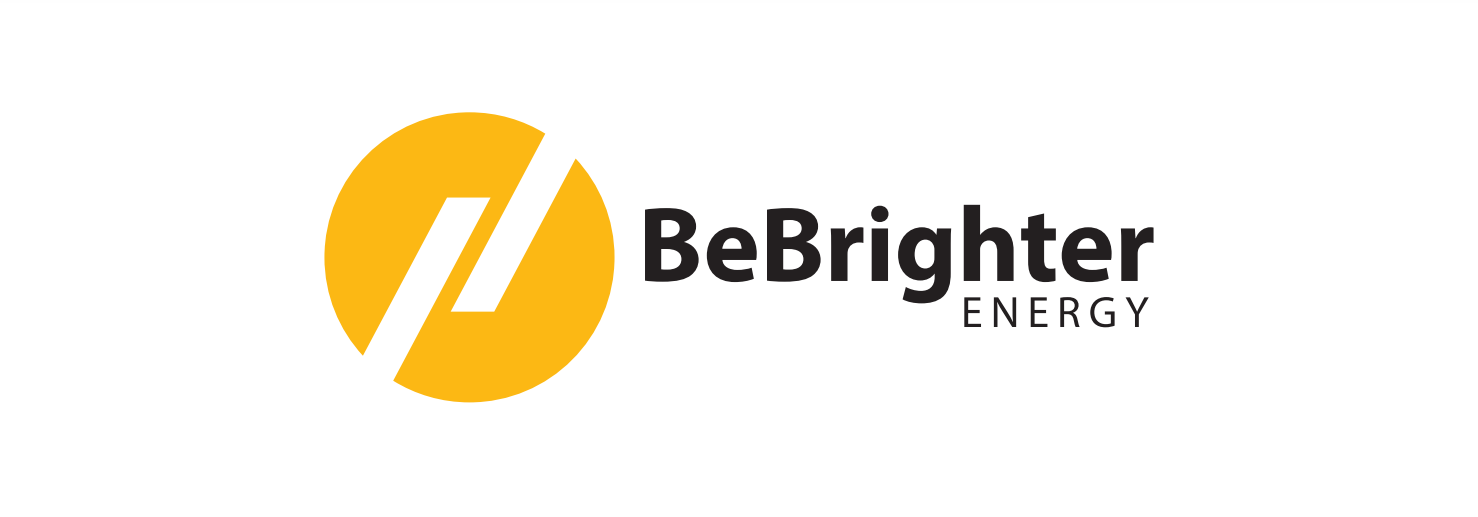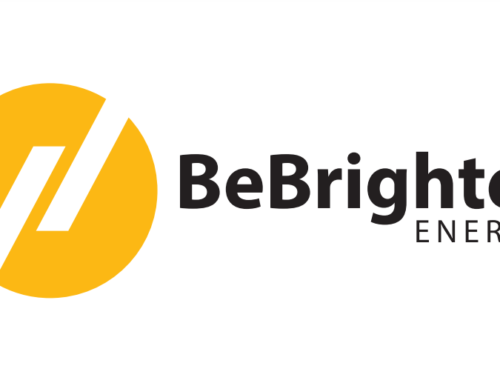The 25-Year Efficiency Lifespan Of Solar Panels Maximising Returns
Introduction
Investing in solar energy is not just about harnessing the power of the sun to reduce carbon footprints and energy bills. It’s also about making a wise financial investment that pays off in the long run. Solar panels have come a long way since their inception their efficiency and longevity have improved significantly. In this article we’ll explore the optimal efficiency period of solar panels, which now spans up to 25 years and how advancements in panel production have even extended their lifespan to 32 years.
The Solar Panel Evolution
Solar panels have undergone a remarkable transformation over the years, both in terms of their efficiency and lifespan. Traditionally, solar panels were considered an eco-friendly way to generate electricity but with a significant upfront cost. The optimal efficiency period, during which solar panels would perform at their peak, typically ranged from up to 25 years. After 25 years, the efficiency would begin to degrade, which led to concerns about the long-term return on investment.
The 25-Year Efficiency Lifespan
For a long time, the 25-year efficiency lifespan was the benchmark for solar panel performance. It was the point at which most warranties expired and it was considered a reasonable period for investors to recoup their initial investment. During this time, solar panels would generate electricity efficiently and consistently, allowing homeowners and businesses to benefit from reduced energy bills and a lower carbon footprint.
Advancements Since 2010
Since 2010, the solar panel industry has witnessed significant advancements in technology and manufacturing processes. These improvements have extended the lifespan of solar panels beyond the traditional 25-year mark. With better materials and manufacturing techniques, solar panels can now maintain their efficiency for up to 32 years.
Maximising Returns On Your Solar Investment. Investing In Solar Panels With A 32-Year Efficiency
Lifespan opens exciting possibilities for long-term returns. You not only benefit from more years of reduced energy costs but also a more extended period for the solar system to pay for itself. Here’s how you can maximise returns on your solar investment:
Reduced Energy Costs: With a 32-year efficiency lifespan, your solar panels will continue to generate electricity at a high level of efficiency for longer, leading to substantial savings on your energy bills.
Increased ROI: The longer your solar panels remain efficient, the quicker you’ll recoup your initial investment. This means you’ll start enjoying a higher ROI within a shorter timeframe.
Environmental Benefits: The longer your solar panels remain efficient, the greater your contribution to reducing carbon emissions. You’ll continue to lower your carbon footprint for an extended period.
Conclusion
The optimal efficiency period of solar panels has come a long way and now extends from up to 32 years, thanks to advancements in panel production since 2010. This extended lifespan offers an excellent opportunity for investors to maximise their returns on a solar energy investment. With reduced energy costs, an increased ROI and the flexibility to upgrade to more advanced models, solar panels have become an even more attractive and sustainable investment option. As the world continues to transition towards cleaner and more renewable sources of energy, investing in solar panels with a 32-year efficiency lifespan is a smart financial decision that aligns with both environmental and financial goals. If you’re looking for a sound, long-term investment, solar energy is undoubtedly a shining opportunity.



Leave A Comment